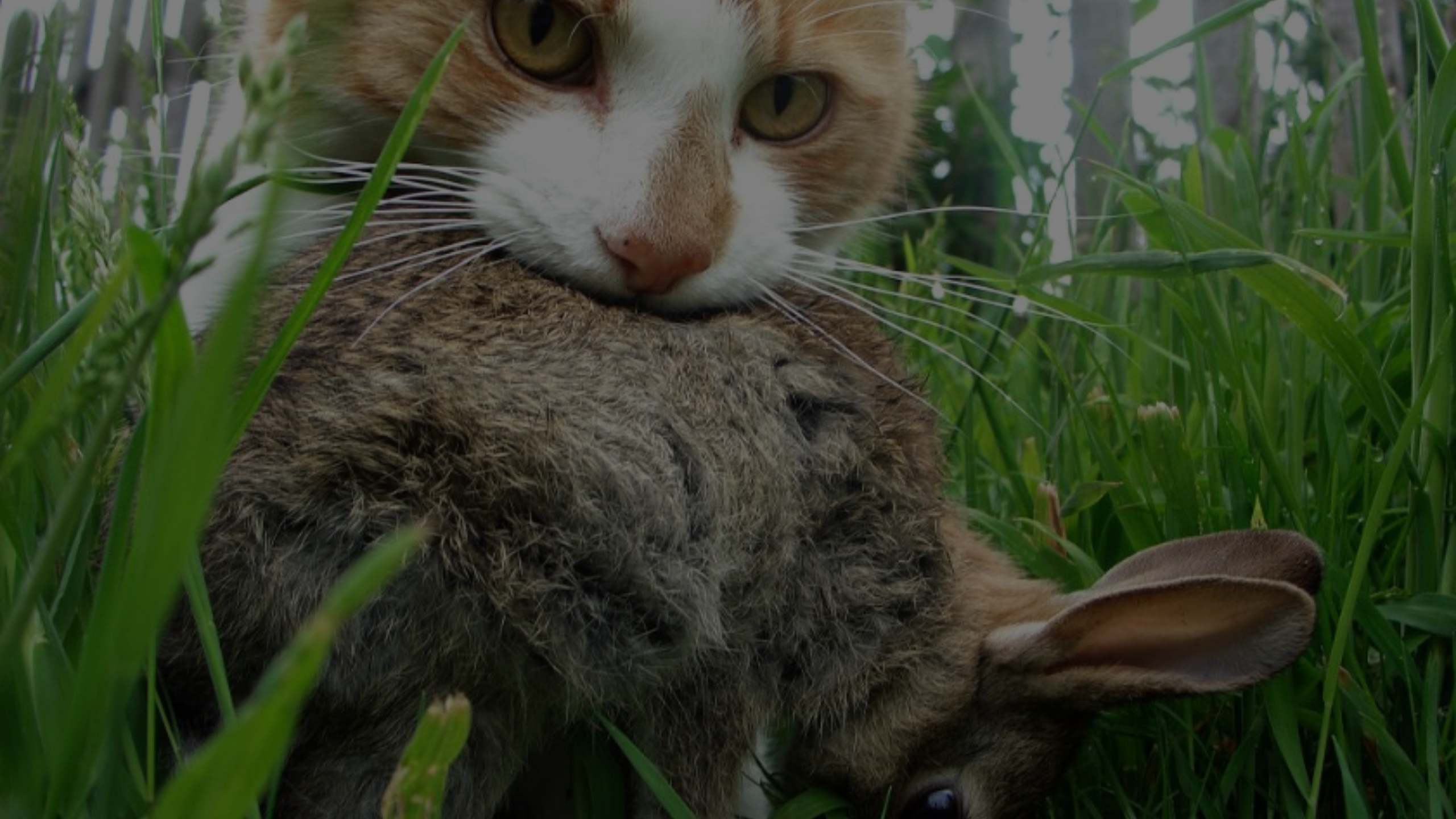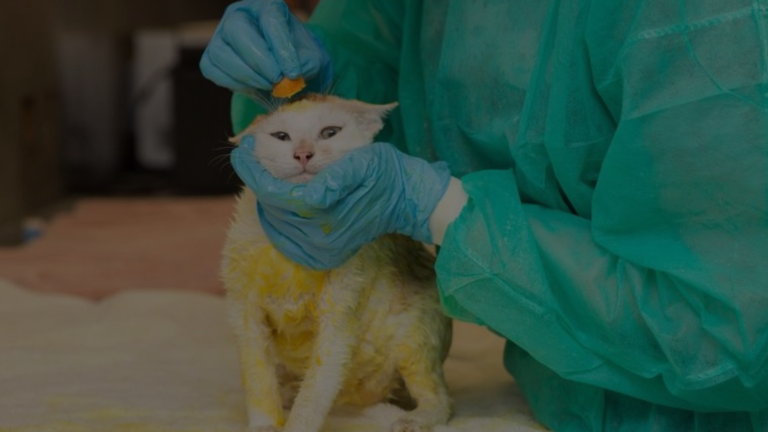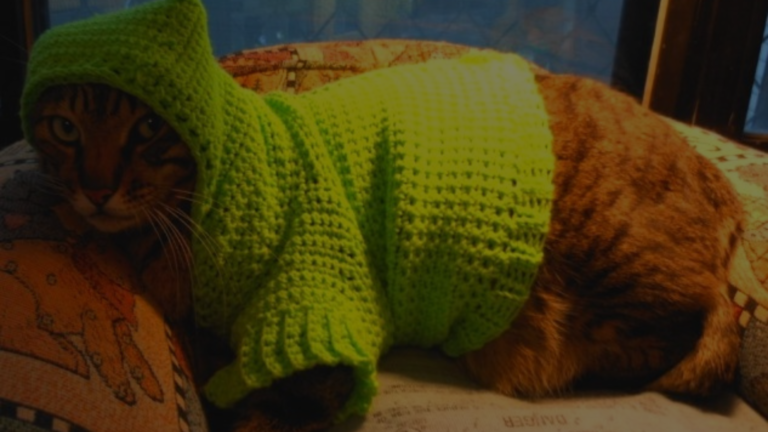When you share your home with a beloved feline friend, their safety and well-being become a top priority. Unfortunately, there may come a time when you wonder, “How to tell what animal killed my cat?” It’s a distressing situation that many cat owners fear, but being informed and proactive can make all the difference.
In this comprehensive guide, we’ll delve into the signs and clues that can help you identify the culprit when harm befalls your precious pet. We’ll also discuss preventive measures to keep your cat safe.

Understanding the Signs
Injuries and Bite Marks
One of the telltale signs that your cat has been harmed by another animal is the presence of bruises and bite marks. Carefully inspect your cat’s body, paying attention to puncture wounds, scratches, or any visible trauma. These can provide important clues about the type of animal involved.

Location of the Incident
The location of where your cat was injured can provide valuable insight. Was it near a forest, in an urban area, or around your house? Different animals are more likely to be found in certain environments, which can help narrow down the list of potential culprits.
Fur and Feathers
Examining your cat’s fur or the presence of feathers around the scene can also be informative. For instance, tufts of fur from another animal may indicate a struggle with a predator.
Do you know: Why a Cat Died After a Bath?
Potential Culprits
Coyotes
In some areas, coyotes are a common threat to outdoor cats. They are known for their stealthy nature and can leave bite marks and puncture wounds. Installing motion-activated lights or keeping your cat indoors at night can help deter them.

Raccoons
Raccoons are opportunistic scavengers and may harm cats if provoked or if food is scarce. Look for scratches and bites around the head and neck area, as raccoons tend to target these areas.
Dogs
Neighborhood dogs can pose a risk, especially if they are not properly restrained. If you suspect a dog attack, inquire with your neighbors and consider discussing responsible pet ownership with them.
Owls and Hawks
If you live in a rural area or near open fields, birds of prey like owls and hawks may be a threat to your outdoor cat. Check for talon marks and puncture wounds on your cat’s back or shoulders.

Preventive Measures
Keep Your Cat Indoors
The safest way to protect your cat from harm is to keep them indoors. Indoor cats are less likely to encounter dangerous wildlife or traffic hazards.

Supervise Outdoor Time
If you prefer to allow your cat outdoor access, consider supervising their time outside. This way, you can keep an eye on them and intervene if necessary.
Secure Outdoor Enclosures
Creating a secure outdoor enclosure, often referred to as a “catio,” can provide your cat with a safe outdoor experience while protecting them from potential harm.

Resources & References
For more information on pet safety and related topics, consider exploring the following references:
For more information on cat safety and related topics, check out these articles:
Recommended Video
We recommend watching the YouTube video titled “10 Household Items that Can Kill your Cat” further to enhance your knowledge of potential hazards within your home. This video offers valuable insights into everyday household items that may pose a threat to your feline companion.
Finally, understanding which animal has harmed your cat is vital to their safety and well-being. By recognizing the symptoms, identifying potential culprits, and implementing precautions, you can best protect your beloved pet. Remember that keeping your cat safe should always be a top priority as a loving cat owner.
FAQs – How to Tell What Animal Killed My Cat
How do I find out what killed my cat?
Take your cat to the vet for an autopsy.
How do I know if a coyote killed my cat?
Look for signs of a struggle, such as bite marks or scratches.
What wild animal would kill a cat?
Coyotes, raccoons, and owls are all predators of cats.
Would a raccoon kill a cat?
Yes, raccoons can kill cats, especially small kittens.
What killed my cat suddenly?
There are many possible causes of sudden death in cats, such as heart failure, poisoning, or trauma.
What to do if a cat dies in your yard?
Contact your local animal control agency.
Do cats know when coyotes are around?
Yes, cats have a good sense of smell and can detect the presence of coyotes.
Is it wrong to euthanize a cat for peeing?
Yes, euthanasia should only be used as a last resort for cats with incurable medical conditions.







